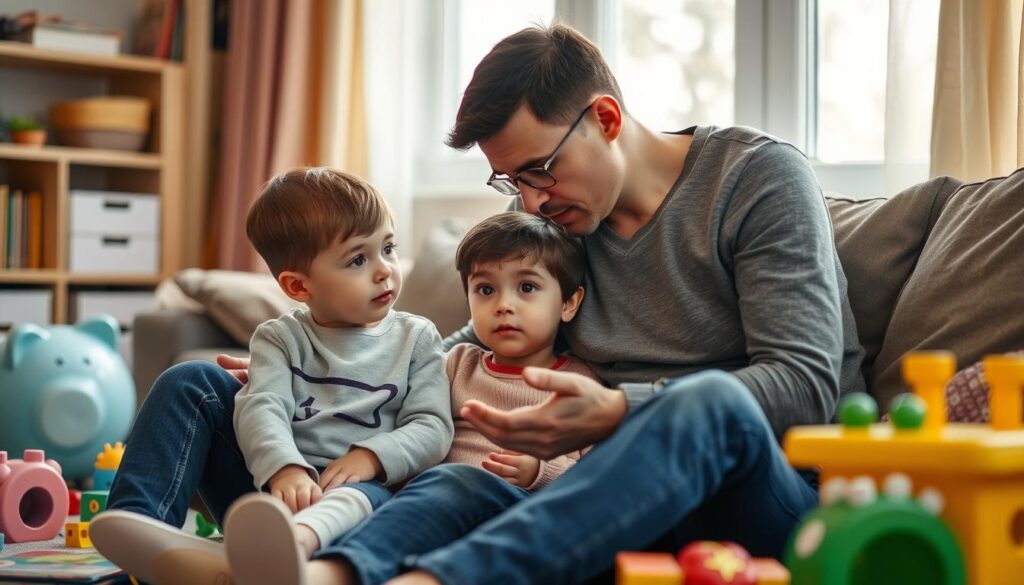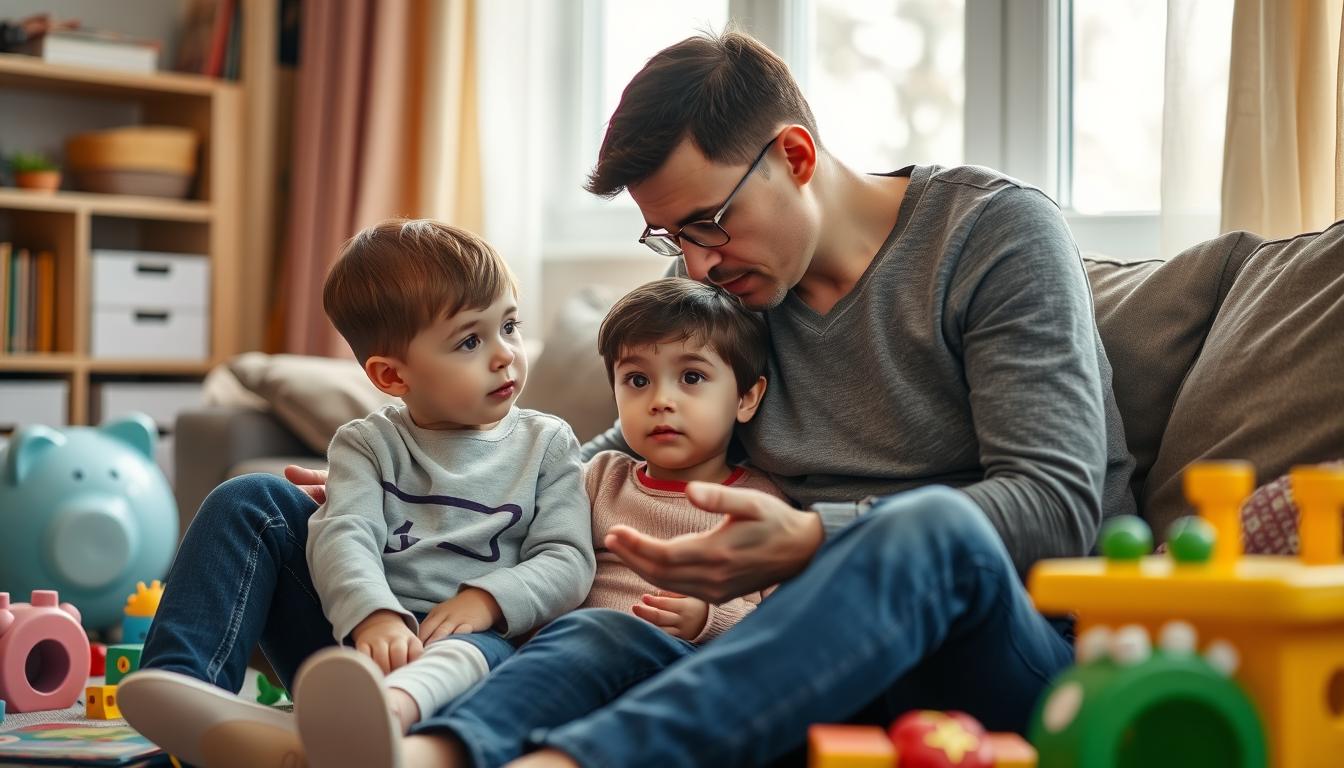
How to Teach Your Children Not to Gossip: A Comprehensive Guide
Gossip, a seemingly harmless pastime, can have devastating consequences, especially when children are involved. Learning how to teach your children not to gossip is a crucial aspect of their social and emotional development. It’s about instilling empathy, respect, and understanding of the impact their words can have on others. This guide provides practical strategies and insights into addressing this pervasive issue, helping parents and educators equip children with the tools to navigate social interactions responsibly. We’ll explore the reasons why children gossip, the potential harm it causes, and effective techniques for fostering a culture of kindness and understanding. Mastering how to teach your children not to gossip is an investment in their future relationships and overall well-being.
Understanding Why Children Gossip
Before addressing the issue, it’s essential to understand why children engage in gossip. Several factors can contribute to this behavior:
- Seeking Social Acceptance: Children often gossip to fit in with their peers and gain social approval. Sharing secrets or negative information can create a sense of camaraderie and belonging.
- Attention-Seeking: Spreading rumors or juicy tidbits can be a way for children to garner attention and feel important.
- Insecurity and Jealousy: Sometimes, children gossip as a means of deflecting attention from their own insecurities or as a way to cope with jealousy towards others.
- Lack of Empathy: Children who haven’t developed a strong sense of empathy may not fully understand the impact of their words on others.
- Learned Behavior: Children often mimic the behavior they observe in their environment. If they witness adults or older siblings gossiping, they may perceive it as a normal and acceptable form of communication.
The Harmful Effects of Gossip
Gossip can have serious repercussions, both for the person gossiping and the target of the gossip. Understanding these consequences is crucial for emphasizing the importance of responsible communication:
- Damaged Relationships: Gossip erodes trust and can irreparably damage relationships. When children realize that their words are being spread behind their backs, they may feel betrayed and isolated.
- Emotional Distress: Being the target of gossip can lead to feelings of shame, embarrassment, anxiety, and depression.
- Social Exclusion: Gossip can contribute to social exclusion and bullying, as children may be ostracized or targeted based on rumors or false information.
- Reputational Damage: Gossip can tarnish a child’s reputation, making it difficult for them to form meaningful connections with others.
- Creating a Negative Environment: A culture of gossip can create a toxic and unpleasant environment, fostering mistrust and animosity among peers.
Effective Strategies for Teaching Children Not to Gossip
Now that we understand the underlying causes and harmful effects of gossip, let’s explore practical strategies for teaching children not to gossip:
Model Positive Behavior
Children learn by observing the adults in their lives. Be mindful of your own conversations and avoid engaging in gossip, even when tempted. Demonstrate respectful and empathetic communication in your interactions with others. If you make a mistake and gossip, acknowledge it, apologize, and explain why it was wrong. Consistency is key when trying to teach your children not to gossip.
Open Communication and Honesty
Create an open and honest environment where children feel comfortable sharing their thoughts and feelings without fear of judgment. Encourage them to talk to you about their social experiences and any conflicts they may be facing. This open dialogue can help them process their emotions and make responsible choices. When children are open with you, it’s easier to teach your children not to gossip.
Explain the Impact of Words
Help children understand that words have power and can have a profound impact on others. Discuss the potential consequences of gossip and how it can hurt people’s feelings, damage their reputations, and strain relationships. Use real-life examples or stories to illustrate the impact of gossip and help them empathize with the victims.
Teach Empathy and Perspective-Taking
Empathy is the ability to understand and share the feelings of others. Encourage children to put themselves in other people’s shoes and consider how their words might affect them. Ask questions like, “How would you feel if someone said that about you?” or “How do you think that person is feeling right now?” By fostering empathy, you can help children develop a greater sense of compassion and responsibility in their communication.
Promote Responsible Communication
Teach children the importance of responsible communication, which includes:
- Thinking Before Speaking: Encourage children to pause and consider the potential impact of their words before speaking.
- Speaking Directly to the Person Involved: If a child has a problem with someone, encourage them to address it directly with that person, rather than gossiping about them to others.
- Keeping Secrets: Teach children the importance of keeping secrets and respecting other people’s privacy.
- Avoiding Rumors: Explain the dangers of spreading rumors and encourage children to verify information before sharing it with others.
Encourage Positive Social Interactions
Promote positive social interactions by encouraging children to participate in activities that foster teamwork, cooperation, and respect. These activities can help them develop strong social skills and build healthy relationships. [See also: Building Healthy Friendships in Children] Encourage children to work together on projects, play games that require collaboration, and participate in community service activities. These experiences can help them learn to value and respect others, which is crucial when you teach your children not to gossip.
Set Clear Boundaries and Consequences
Establish clear boundaries regarding gossip and set consequences for engaging in this behavior. Make it clear that gossip is unacceptable and will not be tolerated. When children violate these boundaries, enforce the consequences consistently and fairly. Consequences might include:
- Loss of Privileges: Temporarily restrict access to certain privileges, such as screen time or social activities.
- Apologies: Require children to apologize to the person they gossiped about.
- Restorative Justice: Implement restorative justice practices, which involve having children take responsibility for their actions and work towards repairing the harm they caused.
Role-Playing and Scenario Practice
Use role-playing and scenario practice to help children develop strategies for responding to gossip. Create hypothetical situations where children are confronted with gossip and ask them to practice responding in a responsible and empathetic manner. For example, you might ask them, “What would you do if you heard someone gossiping about a friend?” or “How would you respond if someone tried to involve you in gossip?” These exercises can help children develop the skills and confidence they need to navigate challenging social situations.
Promote Self-Esteem and Confidence
Children who are confident and secure in themselves are less likely to engage in gossip. Help children build self-esteem by recognizing their strengths, celebrating their accomplishments, and providing them with opportunities to succeed. Encourage them to pursue their interests and develop their talents. When children feel good about themselves, they are less likely to seek validation through gossip.
Teach Conflict Resolution Skills
Gossip often arises from unresolved conflicts. Teach children effective conflict resolution skills, such as active listening, communication, and problem-solving. Encourage them to address conflicts directly and respectfully, rather than resorting to gossip. [See also: Conflict Resolution Strategies for Kids] These skills will help them navigate challenging social situations and build stronger relationships.
Monitor Social Media and Online Activity
In today’s digital age, gossip can easily spread online through social media and other online platforms. Monitor children’s social media activity and educate them about the dangers of cyberbullying and online gossip. Teach them to be responsible digital citizens and to avoid posting or sharing anything that could be harmful or offensive to others. When you teach your children not to gossip, remember to extend that lesson to their online interactions.
Seek Professional Help if Needed
If gossip is a persistent problem or is causing significant distress, consider seeking professional help from a therapist or counselor. A mental health professional can provide guidance and support to both the child and the family, helping them address the underlying issues contributing to the behavior. They can provide strategies to teach your children not to gossip.
Creating a Culture of Kindness and Understanding
Ultimately, teaching children not to gossip is about creating a culture of kindness and understanding. By modeling positive behavior, fostering empathy, promoting responsible communication, and setting clear boundaries, you can help children develop the social and emotional skills they need to navigate social interactions responsibly and build healthy relationships. Remember that it’s a process that requires patience, consistency, and a commitment to creating a supportive and nurturing environment. When you teach your children not to gossip, you’re investing in their future success and well-being.
Learning how to teach your children not to gossip is an ongoing effort, but the rewards are well worth the investment. By consistently reinforcing these principles and providing ongoing support, you can help your children develop into responsible, empathetic, and respectful individuals who contribute positively to their communities. Remember to stay patient and understanding as they navigate the complexities of social interactions. The goal is not just to stop them from gossiping, but to help them understand the importance of kindness, respect, and empathy in all their relationships. Continue to teach your children not to gossip, and you’ll see a positive impact on their social and emotional growth.

